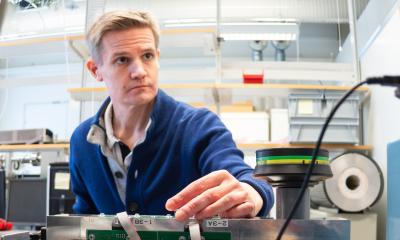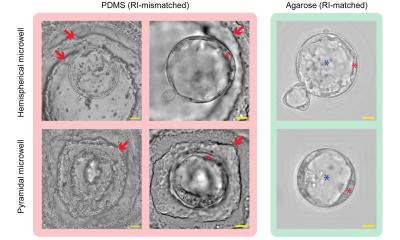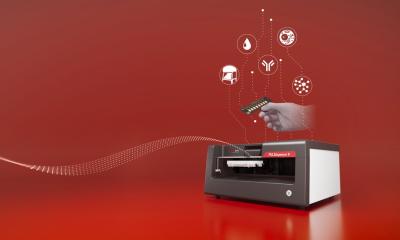Innovative surface leads to considerably higher cell yields
A new product from Greiner Bio-One
Advanced TC™ cell culture products have an innovative polymer modification which forms a special surface that optimises cultivation of fastidious cells and facilitates complex experimental approaches.
First presented in October at Biotechnica 2008, this new product range can be used to successfully cultivate primary cells or particularly sensitive immortalised cell lines in vitro. The new Advanced TC™ surface has been designed in such a way to positively influence cellular function and properties mimicking the specific in vivo conditions of these cells as accurately as possible.
Researchers are able to cultivate a wide range of sensitive cells as well as cells under restrictive growth conditions using serum-reduced or serum-free media, for example. Distinct primary adherence is achieved after just four hours.
Cell cultures on the Advanced TC™ surface exhibit higher proliferation rates than on other commonly used cell culture products. In addition, less cell material is lost as a result of the improved adherence on the surface during automated washing and pipetting steps. The cell yield is significantly increased compared to conventional cell culture products and test results are more consistent.
The cell-typical morphology is retained even if the cells are subject to transfection or transduction processes. It has even been possible to observe increased transgene activity in transfected cells. Due to their special properties, Advanced TC™ cell culture vessels are comparable in a variety of applications with the effectiveness of a biological surface.
20.11.2008





